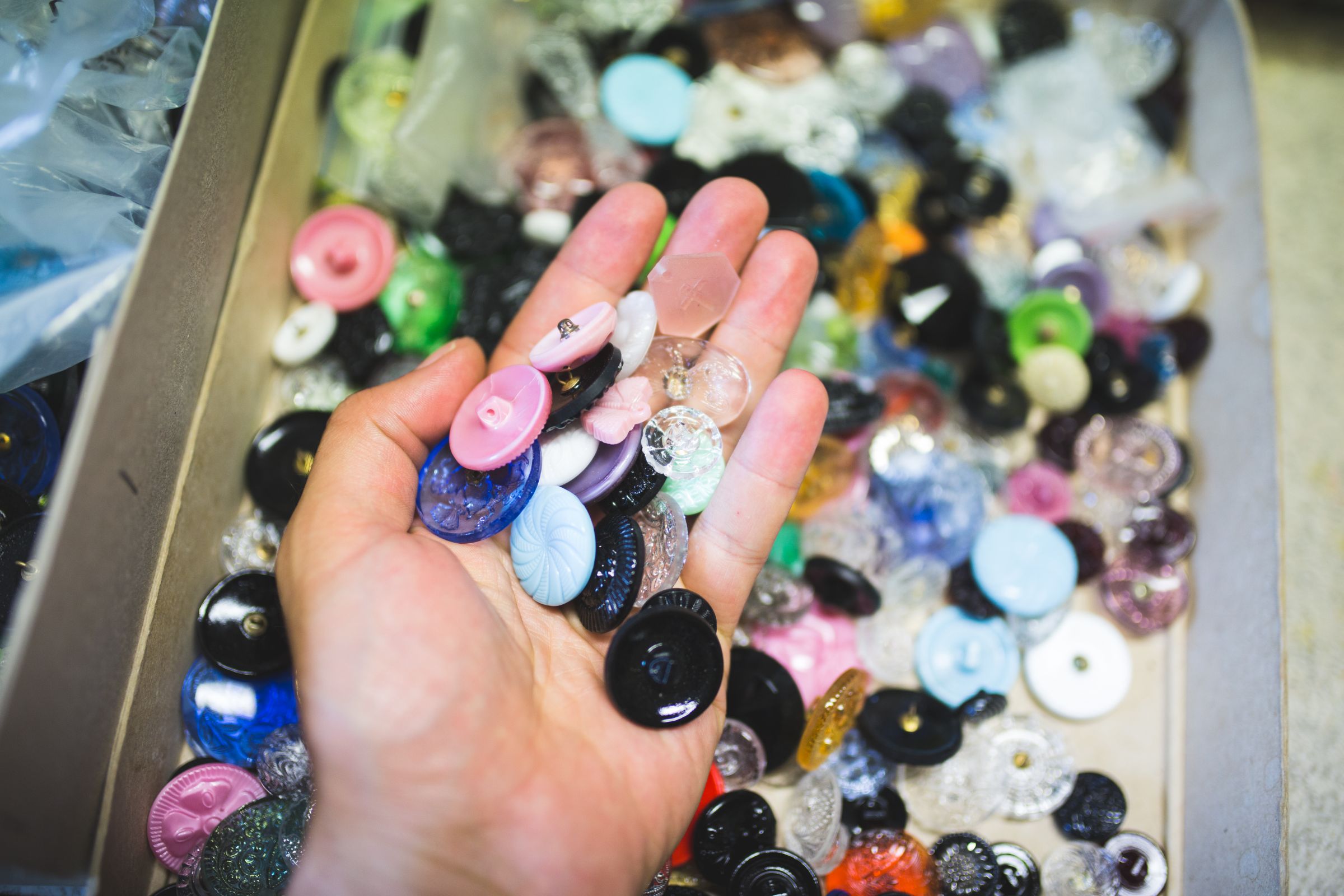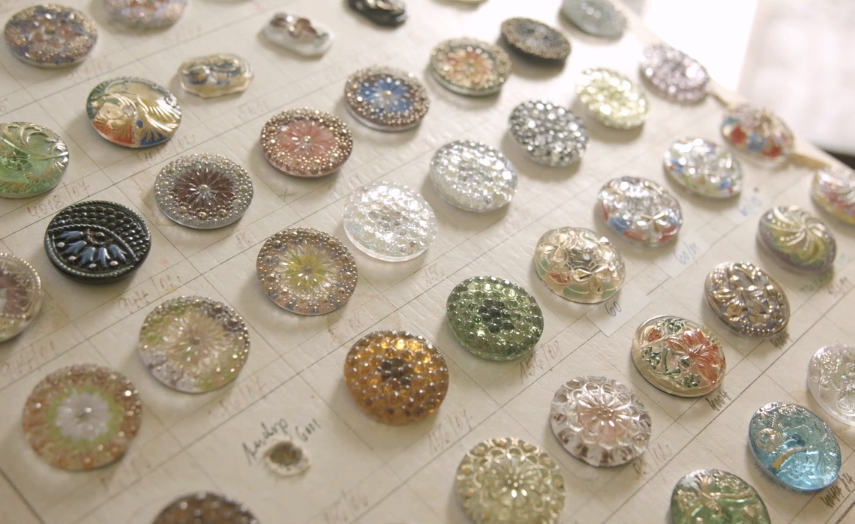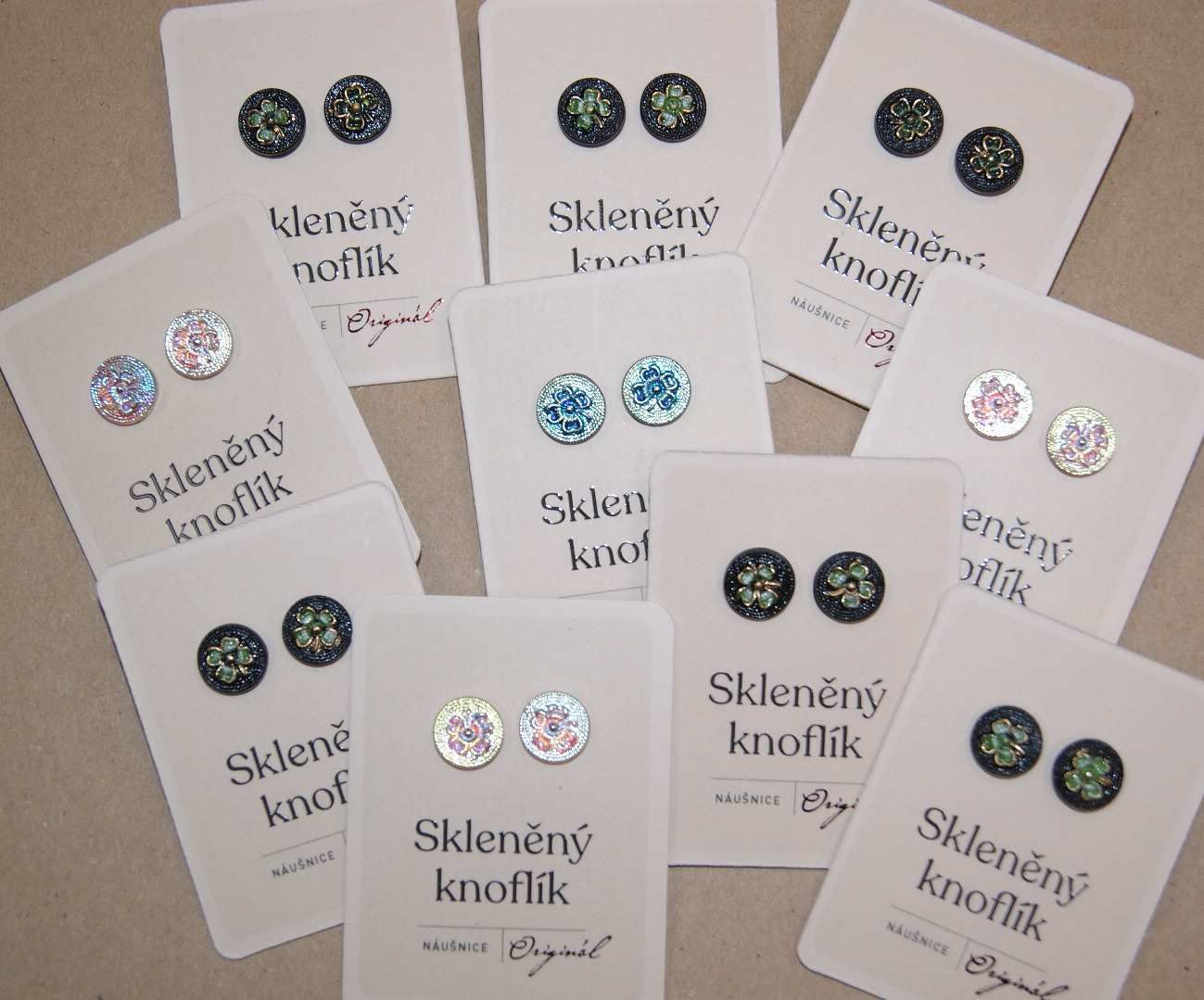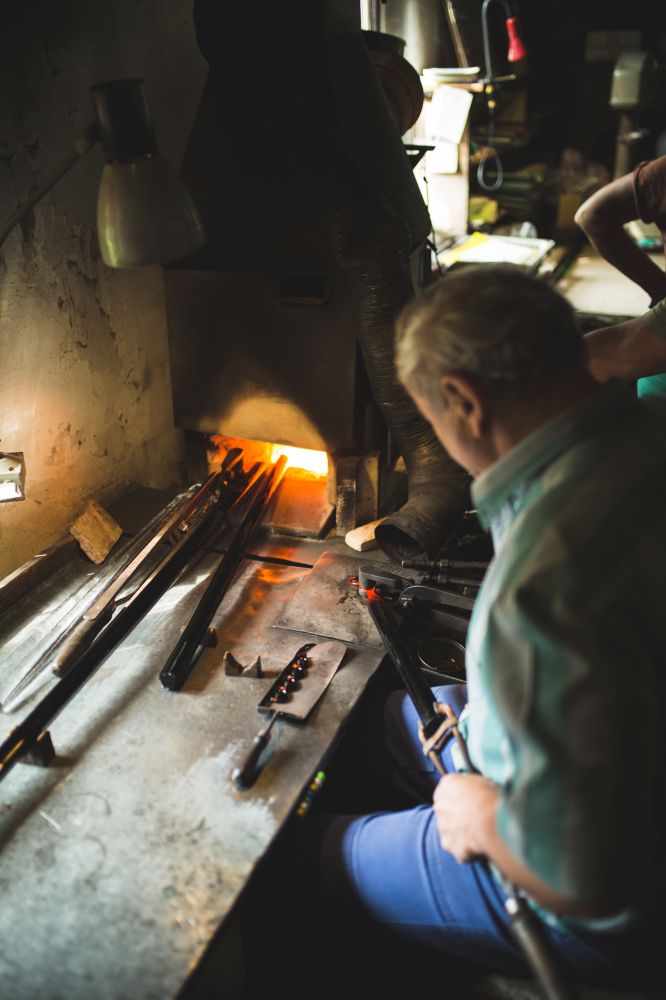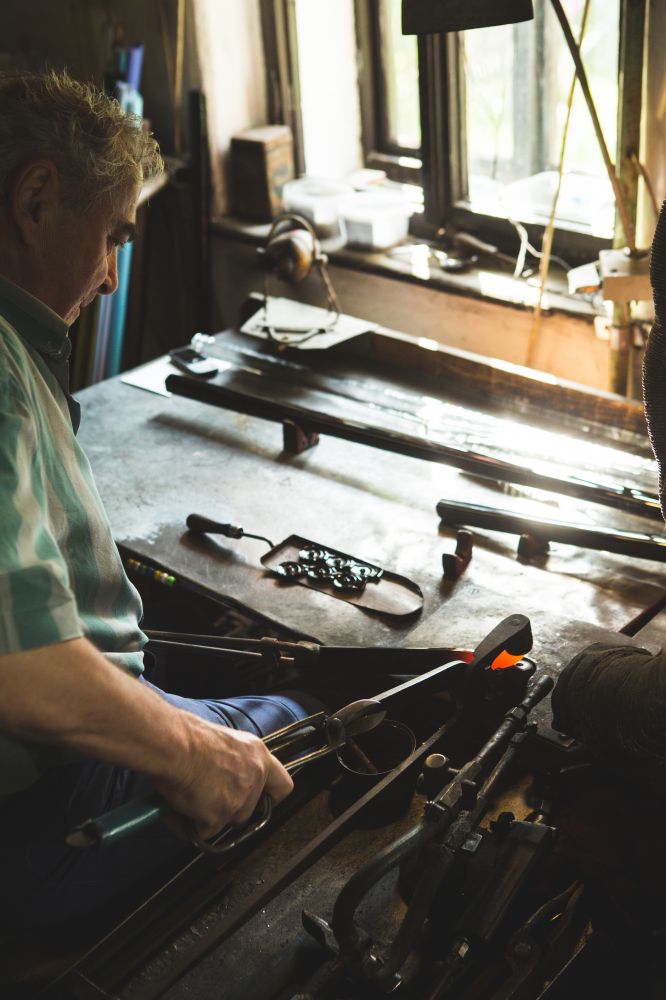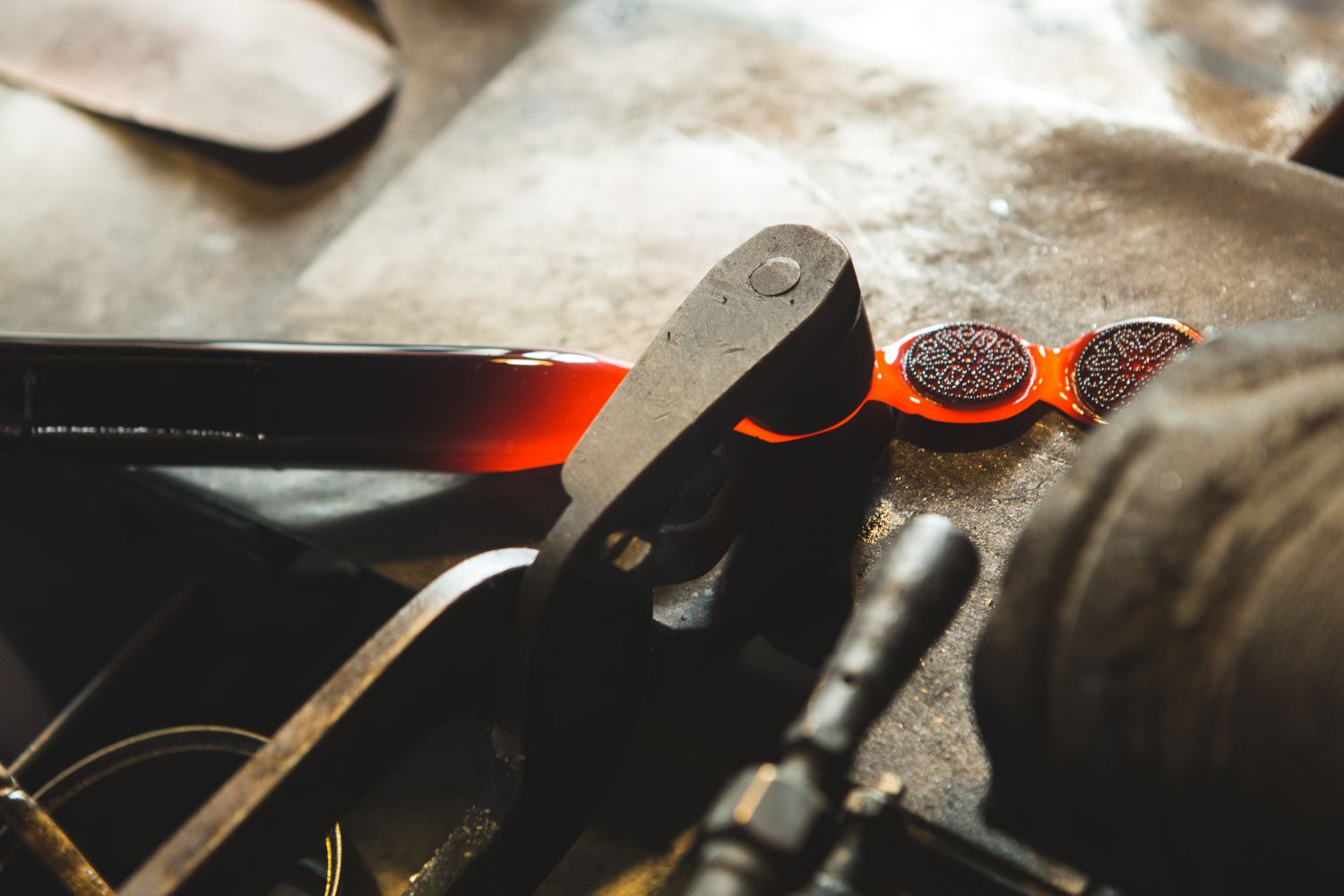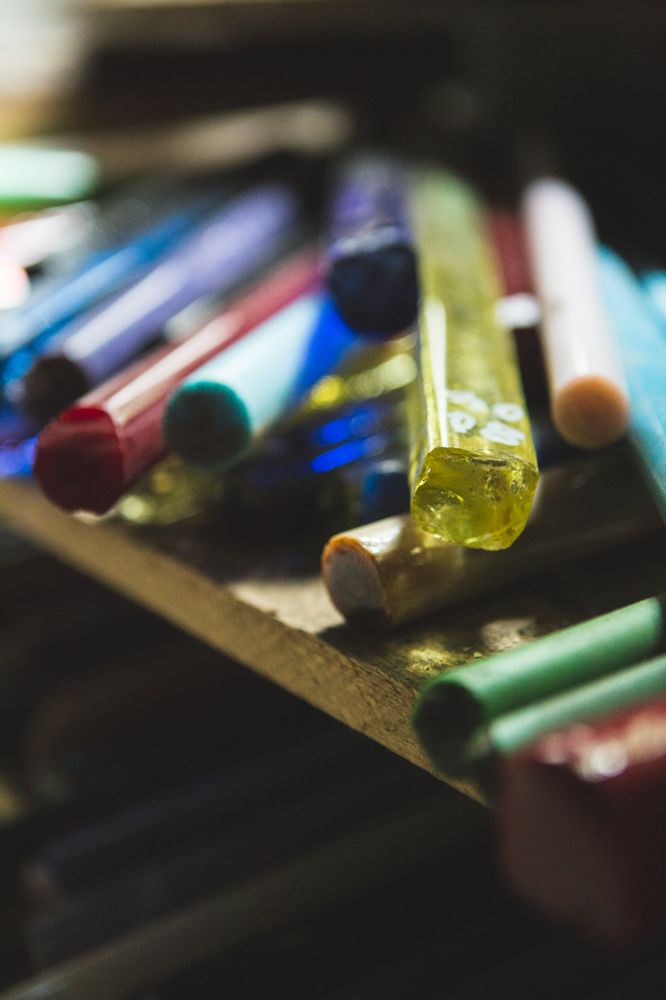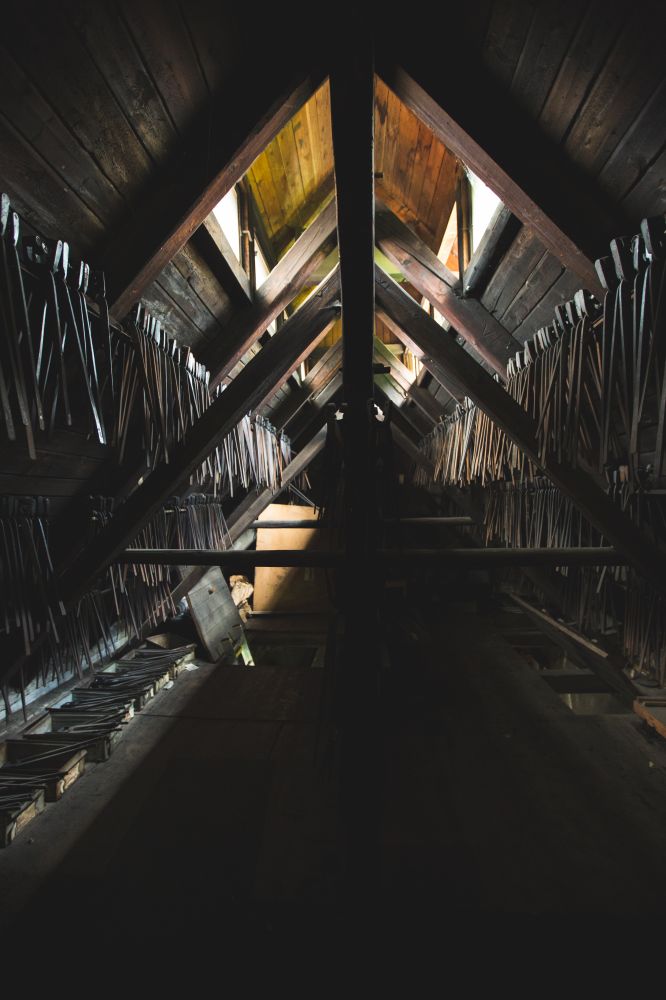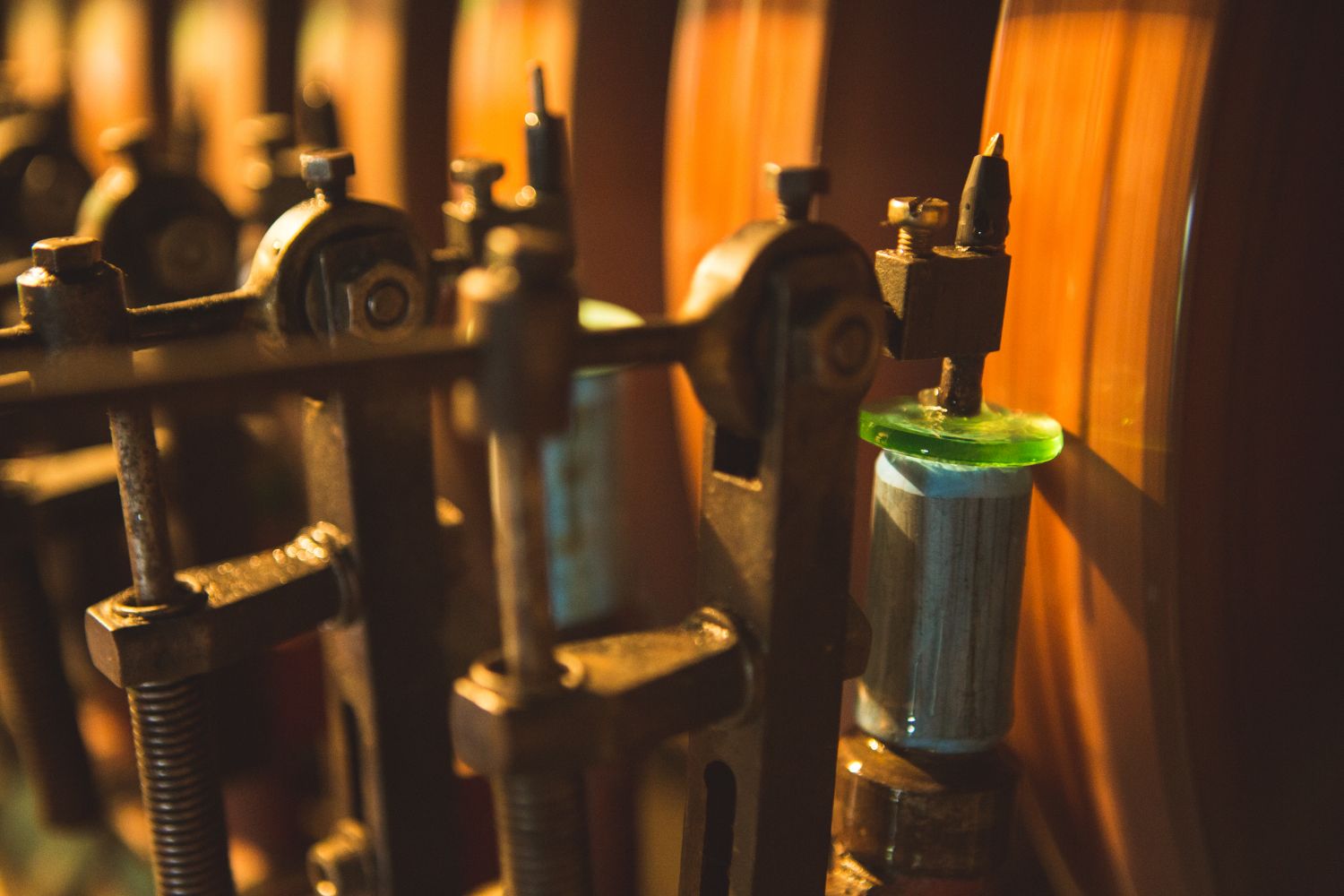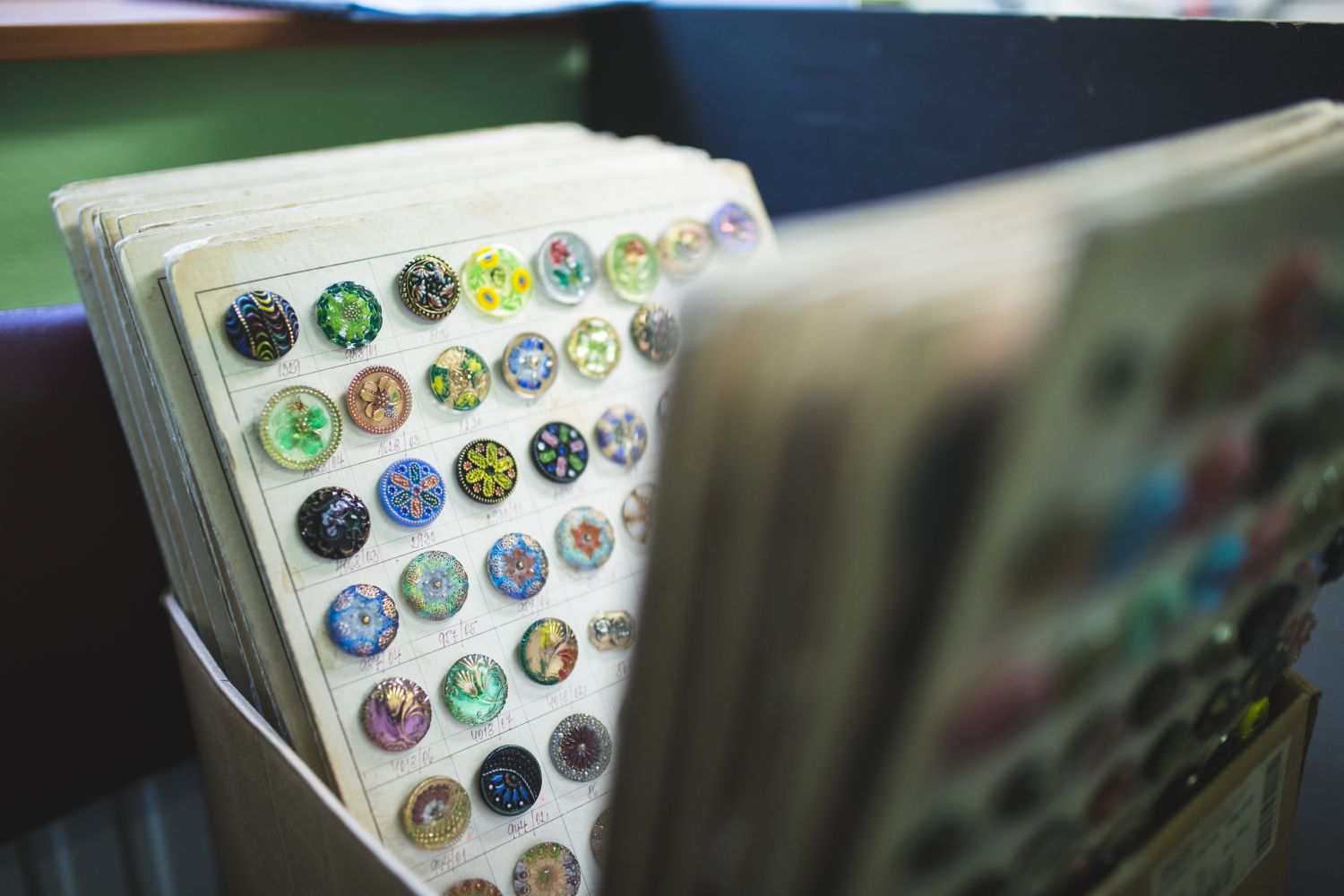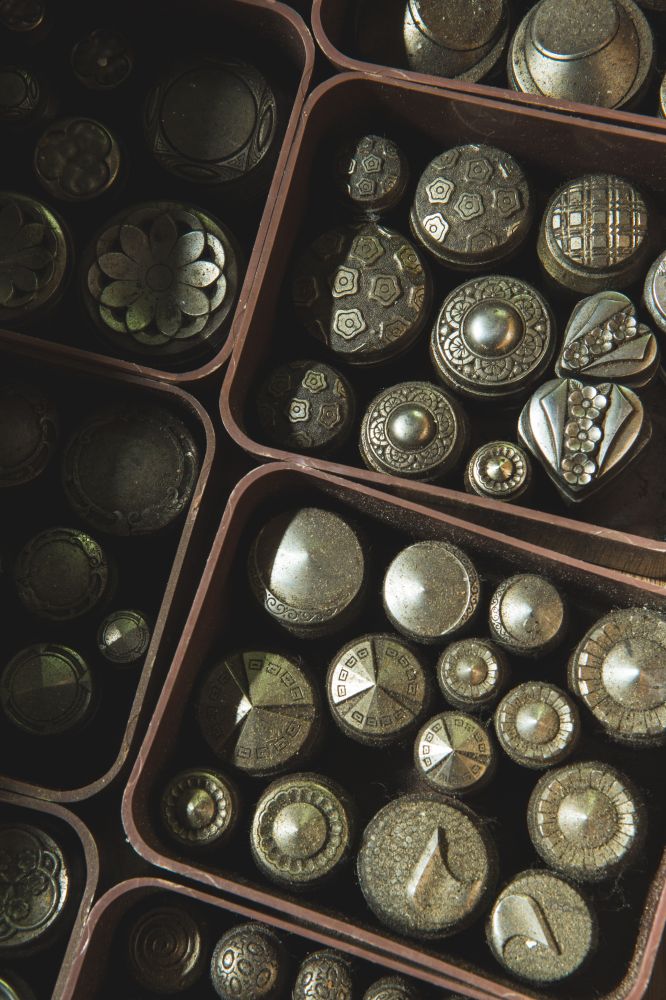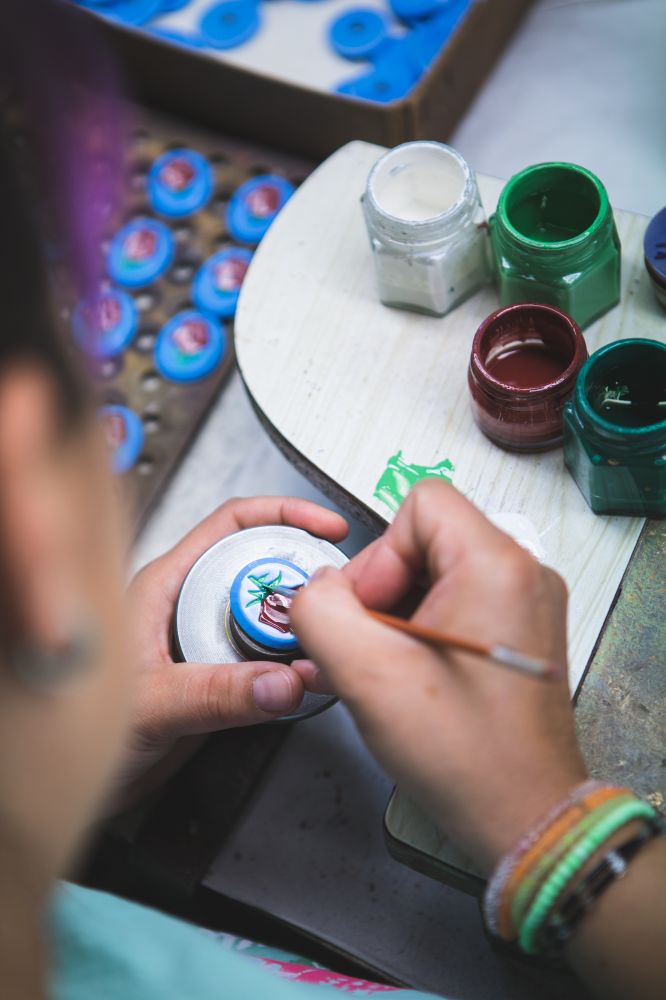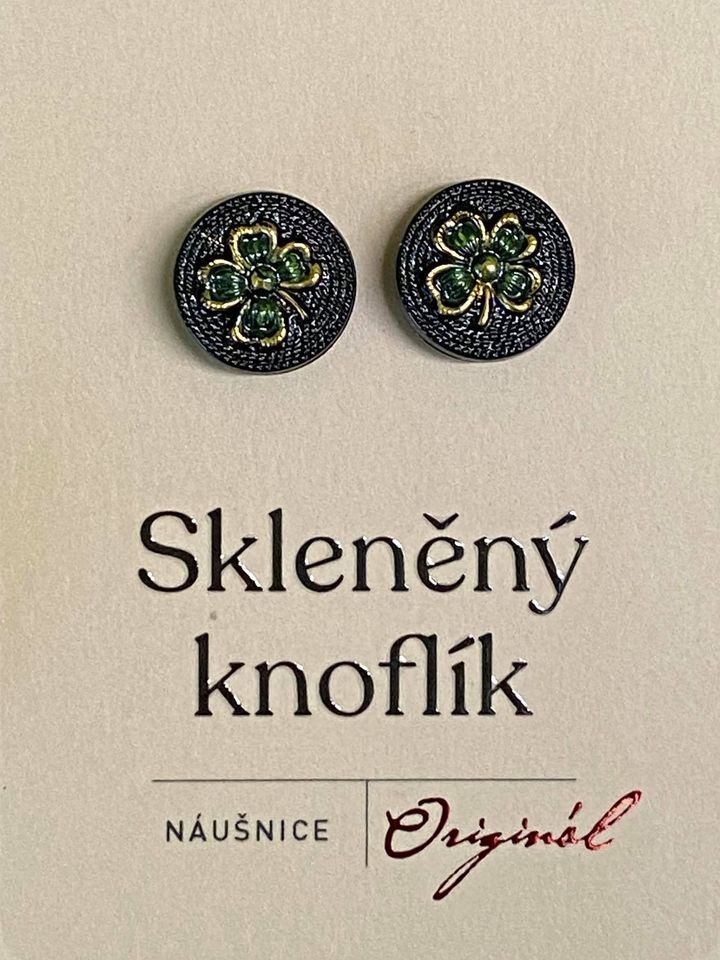AG Plus
Since 1993, AG Plus has been a key proponent and innovator of the Jablonec costume jewelry tradition, which took root in the region as early as the 18th century. The company specializes in the precise handcrafting of rhinestone semi-finished products and glass buttons, with all processes from design to final galvanization carried out in-house.
The history of the company is closely linked to the heyday of "Austrian California," as the Jablonec region was nicknamed for its glassmaking fame, and to the recent inclusion of handmade glass production on the UNESCO list. A significant milestone came in 2003, when the company took over the production of traditional Elegant brand glass buttons and brought this unique craft back into the limelight of the world's fashion markets. Today, these artifacts, certified as a Regional Product of the Jizera Mountains, represent Czech craftsmanship in countries from the USA to Japan.
When visiting the factory, guests have a unique opportunity to see the authentic environment where top-quality rhinestone jewelry and, above all, iconic glass buttons are created. During the tour, you will learn about the demanding work of a glassmaker and uncover the secrets of hand-painting buttons, which to this day remain a symbol of the patience and aesthetic sensibility of local masters. This experience offers a fascinating insight into the entire production process, where historical techniques meet the demands of the modern clothing industry.

